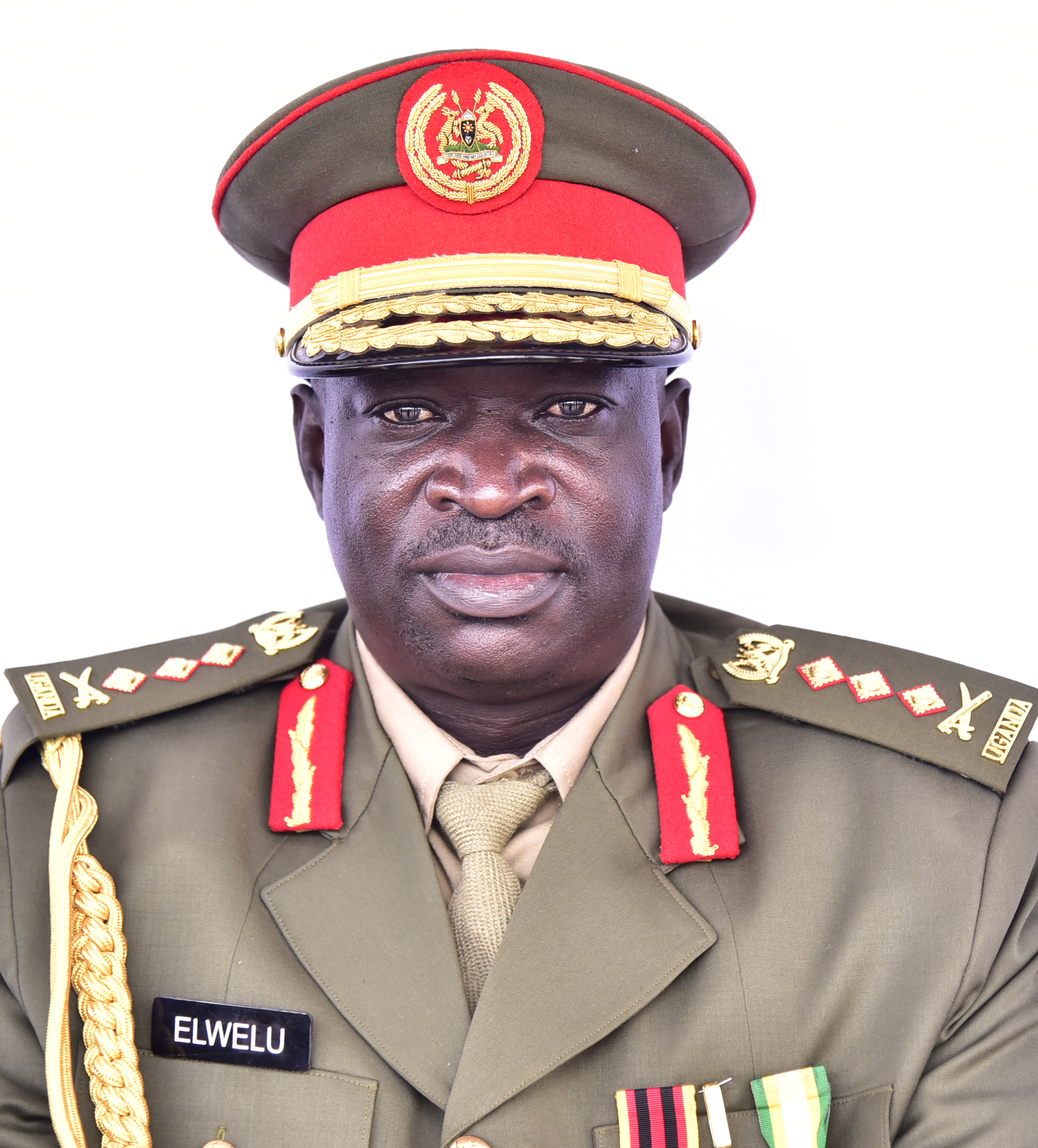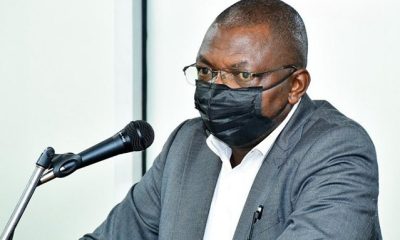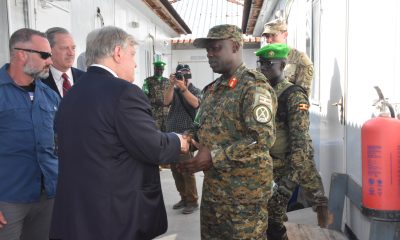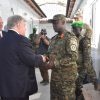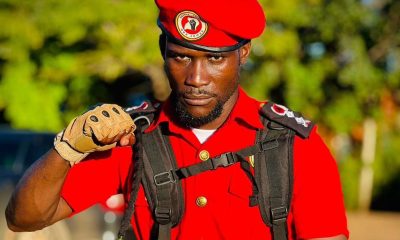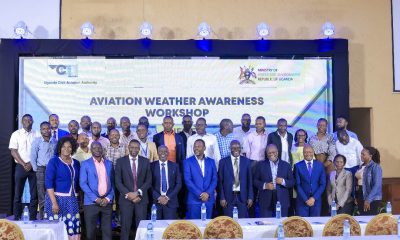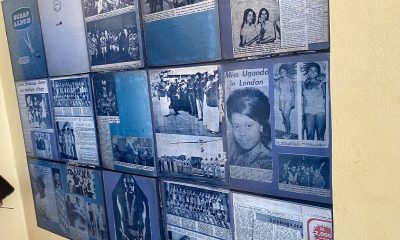Life & Style
Army is a Calling, Not a Job; Remembering One of Gen Peter Elwelu’s Greatest Speeches
As Lt. Gen. Peter Elwelu prepares for retirement from the Uganda People’s Defence Forces (UPDF), one of his most memorable speeches, delivered some years ago, continues to resonate deeply. The speech, a powerful reflection on military service, sacrifice, and the soldier’s ultimate responsibility, is remembered for its poignant message: “We never joined the Army as a job. He joined it as a calling.”
In his address, Gen. Elwelu contrasted this ideal with what he perceived as a growing trend of viewing the army as mere employment. “Today, most of the people joined the Army as a job, and that is where we are getting it wrong,” he lamented, emphasising that the army “has never been a job. It is a service to the people. It’s a sacrifice.”
Gen. Elwelu vividly described the sacrifices made by soldiers, some of whom served for decades under harsh conditions, “sleeping nowhere, under trees,” with little material reward. He expressed profound gratitude for their dedication, acknowledging that their commitment to the country often went unacknowledged.
The General also spoke of the honour of retiring from military service, contrasting it with the unfortunate reality that some retire through “prison” or “the coffin.” He urged those retiring honourably to cherish this milestone and to prepare for the next phase of their lives.
“Thank you very much. Thank you very much. It is a joy and a dream of every officer and militant to retire honourably today. What we are witnessing is a great thing, and some of us really envy the state you are in now, retiring honourably. Others retire to prison. Others retire through the coffin. But here we are, people today who are dancing, the whole place is here, witnessing you living honourably. We thank the Almighty for that, and we thank you for all that you have done for this great country, Uganda…”
However, Gen. Elwelu’s message extended beyond the immediate context of military service. He urged the retiring soldiers to prepare for their “final destiny,” emphasising the importance of providing for their families and ensuring their well-being. He stressed the need to secure their families’ future, focusing on essential needs such as “decent accommodation,” “daily income,” and access to “Medicare.” He poignantly noted the vulnerability of those left behind, particularly women, stating, “Normally men go fast and leave the women. And we need to prepare for these women, so that when we leave, they’ll stay in peace and happiness.”
“ As you go back home, go and serve yourselves. You have served the country. Now it is time for you to prepare to serve yourself. If you still have the energy, don’t waste that energy for any other thing. Waste that energy to prepare yourself for the final destiny, and that final destiny is the grave. There is nothing more than that. You now have time to go and prepare how to leave those who are supposed to stay behind and leave them well, your children, your great grandchildren, your wife and so forth…”
In a deeply reflective turn, Gen. Elwelu called for introspection and forgiveness. He acknowledged the difficult decisions and actions that soldiers often face, urging them to “reflect and repent, ask for forgiveness,” and to forgive those who may have wronged them. He stressed the liberating power of forgiveness, stating, “There is nothing good like forgiving because it sets you free.”
Gen. Elwelu’s speech also touched on the unpredictable nature of life and the importance of being prepared for the unexpected. He reminded his audience of the “real” and “very serious” nature of life’s final journey, urging them to use their time wisely.
Concluding his address, Gen. Elwelu thanked the retiring soldiers for their contributions to Uganda, acknowledging the progress the nation had made due to their service. He also reminded those still serving that their journey was far from over and that the standards of sacrifice and dedication remained high. He stressed the importance of maintaining discipline and upholding the values of the UPDF, even in retirement.
As Gen. Elwelu himself prepares to retire, his words from that speech serve as a timeless reminder of the values of service, sacrifice, and personal responsibility. It stands as one of his greatest speeches, a testament to his profound understanding of the soldier’s calling and his enduring concern for the well-being of his comrades and his country.
Comments



